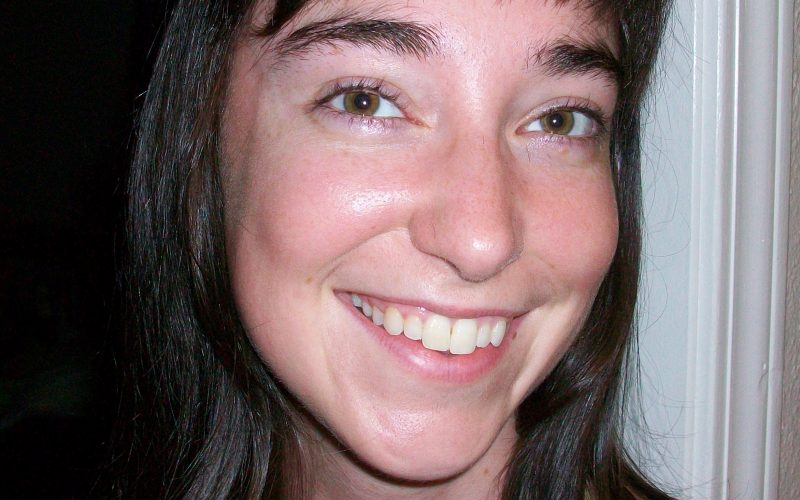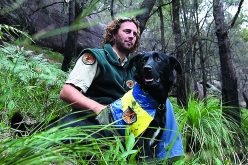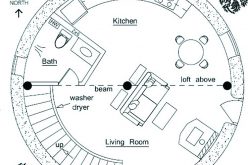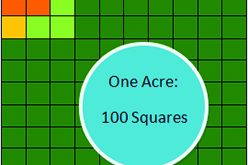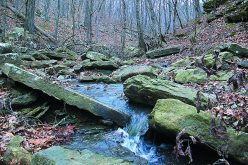Often, it’s gratitude that motivates us to make ripples (or make a difference) in the world. Sometimes this is expressed as a “pay it forward” concept: being grateful for someone’s help and offering assistance to another as repayment. Or making a difference could stem from religious beliefs such as thanking a creator for certain blessings and wishing to be a blessing in the lives of others. At a molecular level, though, science makes a pretty good case for feeling grateful.
Every second of each day in our lives, molecules made up of atoms are swirling around us and within us, enabling us to live. When we talk about having clean drinking water, we are really giving thanks for water molecules that enter our bodies and keep us hydrated – a requirement for human life. Polluted water can travel inside our bodies, too, so our environmental housekeeping outdoors is almost the same as keeping our homes and bodies healthy.
Each action undertaken is one supported by this or that molecule of air, water, and food. Even the relative simplicity of sleeping is a consequence of that which is “not us” (air molecules and so on) keeping our bodies alive. This invites gratitude for all those little molecules that, like tooth fairies, bring goodies in the night.
It’s easy to feel as though we orchestrate the world and all its molecules, when our actions are ultimately just a single step in the dance of life. Getting a glass of water when thirsty is necessary, but much effort outside of ourselves went into all those water molecules that traveled across the Earth, some underground, some high in the clouds, some eventually pouring out into our cups. It’s also easy to think we tiny humans have very few large effects on Earth, when in reality our movement of molecules can be seen from space (air pollution, for example).
Giving thanks is often about listing the obvious: home, family, friends, health (all good things). This Thanksgiving, give some thought to those molecules in our air, water, and food. Each moment, we’re connected to this complex interdependent web of existence that affects the whole through the interaction of its parts. The environment isn’t outside of us at all, but constantly moving into and out of our bodies.
And this is why it’s possible to make ripples in the world: as the water molecule travels the globe, sustaining us in just one step of its journey, so too do our good deeds ripple outward, untracked, through the world. The wonder of the water cycle and our global interdependence make it possible to make a much larger difference than we could otherwise, if we were all living on separate planets. Our mutual dependence on Earth ties us physically together so that it’s possible to affect people quite far away. It’s a domino effect that we can’t fully control, one that’s only made possible by how closely we are physically connected to each other through our use of resources. Earth enables good (and bad) deeds through the movement of molecules. Which deeds we do is our choice.
Amanda Bancroft is a Master Naturalist and volunteers with her husband Ryan for their solar-powered online educational center on how to make a difference with everyday choices at: www.RipplesBlog.org.

